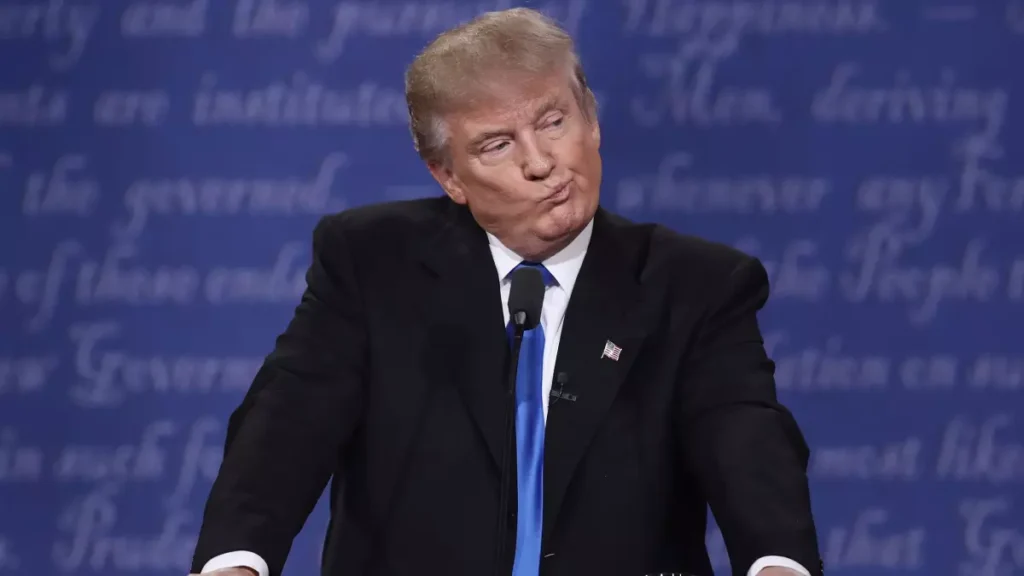Trump administration ends Biden-era anti-disinformation pact with European allies

The United States has terminated joint efforts with European allies to combat disinformation campaigns from Russia, China and Iran, the Financial Times reported on 9 September, citing three European officials familiar with the matter.
Russia has conducted extensive disinformation campaigns in recent years aimed at undermining support for Ukraine and the western-led global order.
European countries received notification from the State Department last week that the US is ending memoranda of understanding signed under the Biden administration in 2023. The agreements aimed to create a unified approach to identifying and exposing malicious information spread by foreign governments.
The move represents the final step in dismantling the Global Engagement Center (GEC), a State Department agency that tracked disinformation campaigns overseas by US adversaries and terror groups. The center was closed in December after Republican lawmakers blocked efforts to extend its mandate.
“Far from spiking a single plan, we were proud to spike the entire GEC,” said Darren Beattie, acting under-secretary of state for public diplomacy. “Not only was GEC’s infamous censorship activity profoundly misaligned with this administration’s pro-free speech position, it was woefully and embarrassingly ineffective on its own terms.”
James Rubin, who headed the center until December, criticized the decision as a “unilateral act of disarmament” in the information war with Russia and China. “Information warfare is a reality of our time and artificial intelligence is only going to multiply the risks from that,” Rubin said.
The Global Engagement Center was established in 2011 to counter terrorist propaganda and violent extremism online. Its mission later expanded to tracking disinformation campaigns overseas, but it became controversial among Republicans who accused it of censorship and stifling conservative voices.
Approximately 22 countries in Europe and Africa had signed agreements with the US over the past year, according to Rubin’s estimates. The memoranda formed part of the Biden administration’s framework to counter foreign state manipulation and develop coordinated responses with partner countries.
The center had actively tracked Russian disinformation efforts, including accusations in September that Russian-state broadcaster RT was acting on behalf of intelligence agencies and attempting to manipulate presidential elections in Moldova. The US has imposed sanctions on RT and other Russian-state broadcasters over their role in spreading disinformation.
Rubin denied that the center ever engaged in censorship during its operations.
RT was banned across continental Europe and the UK following Russia’s full-scale invasion of Ukraine in 2022.
